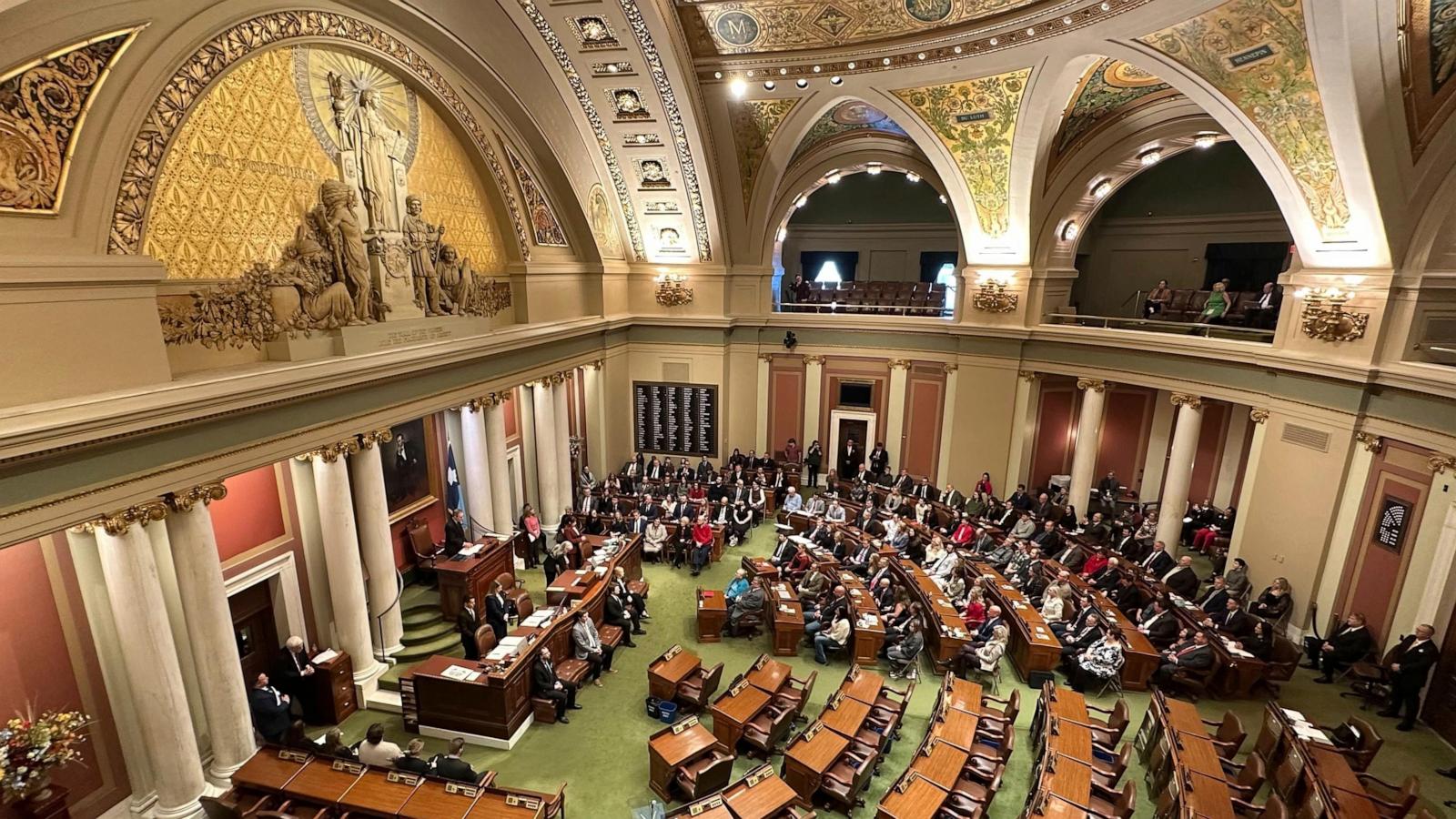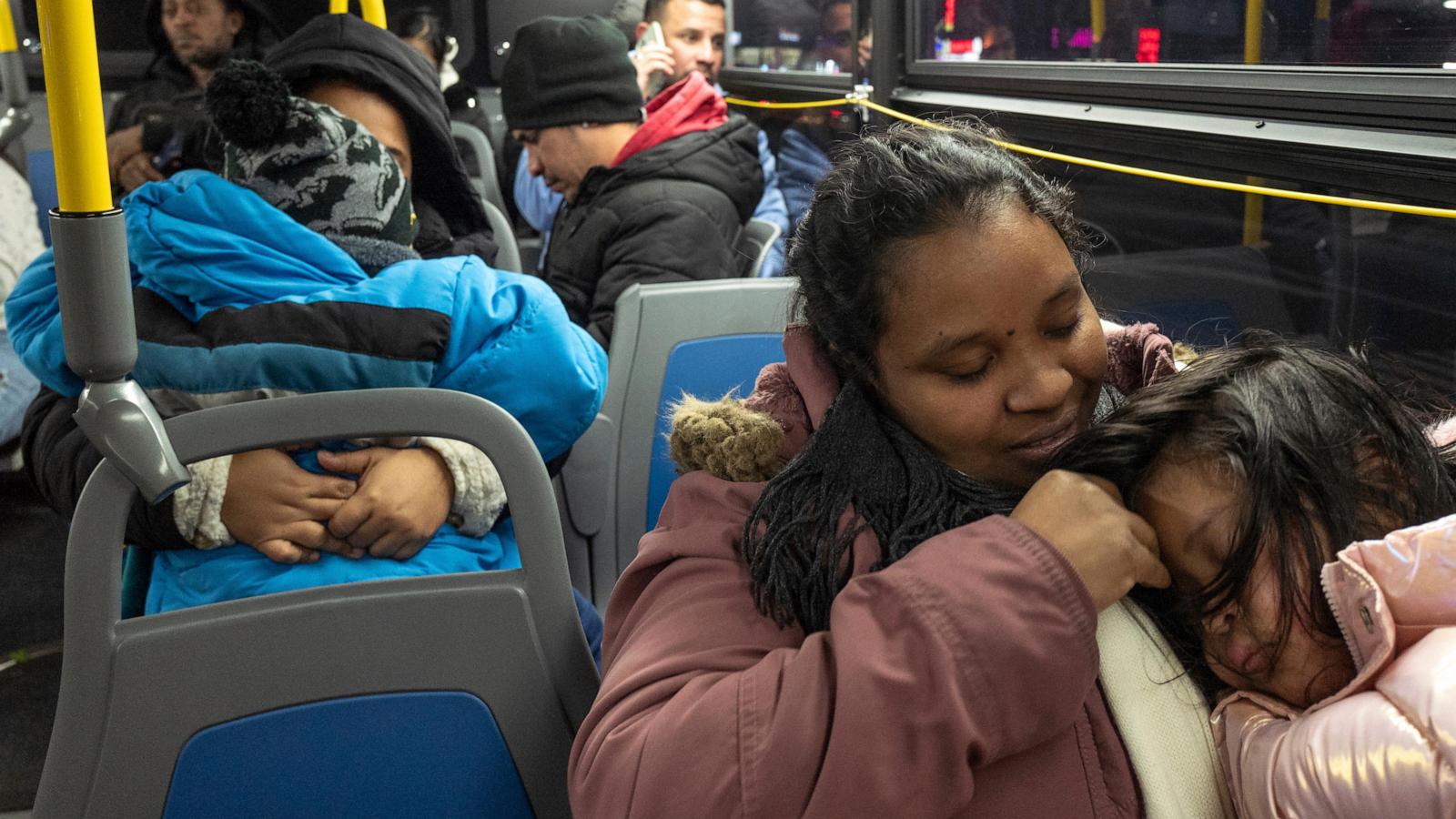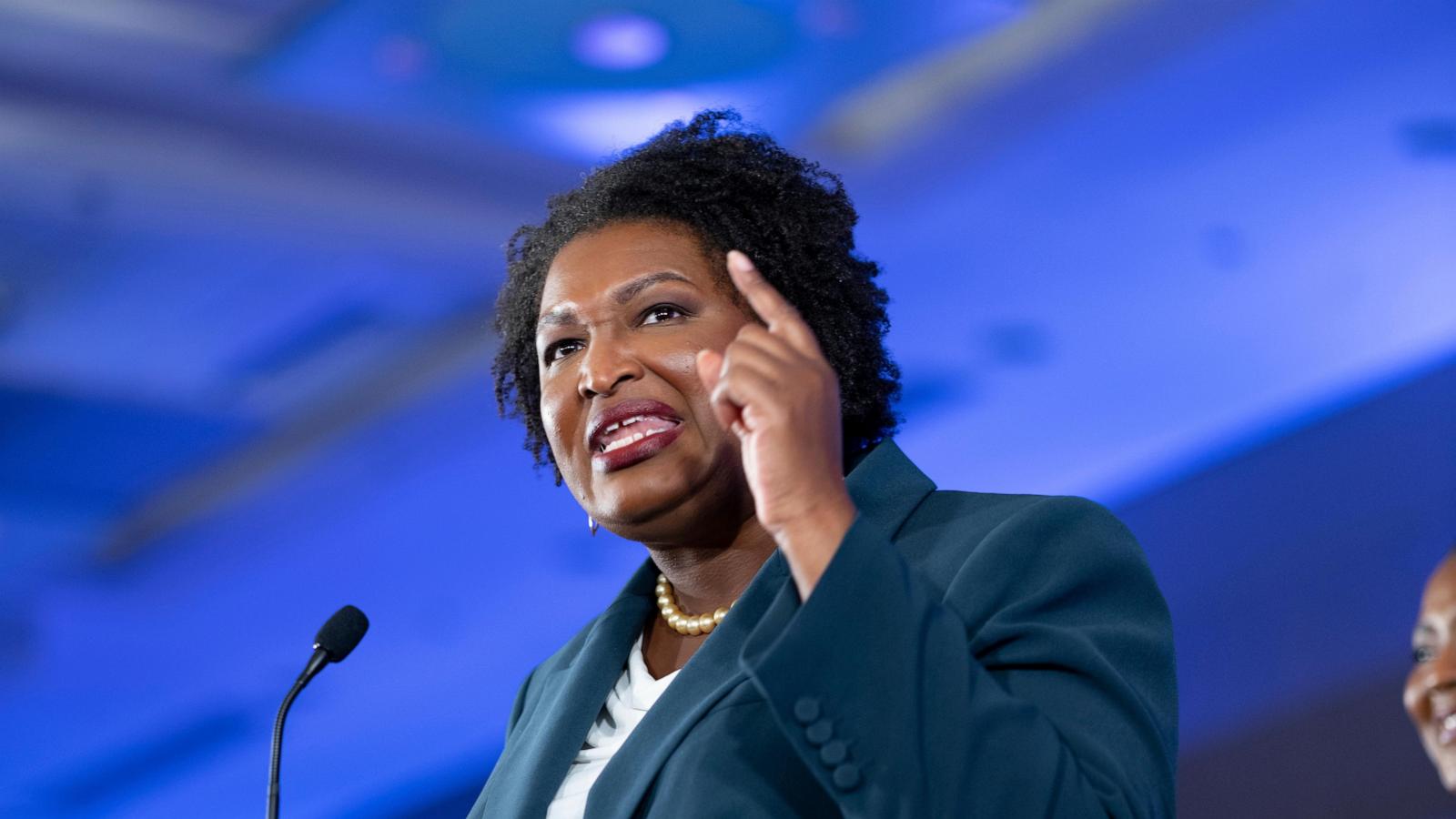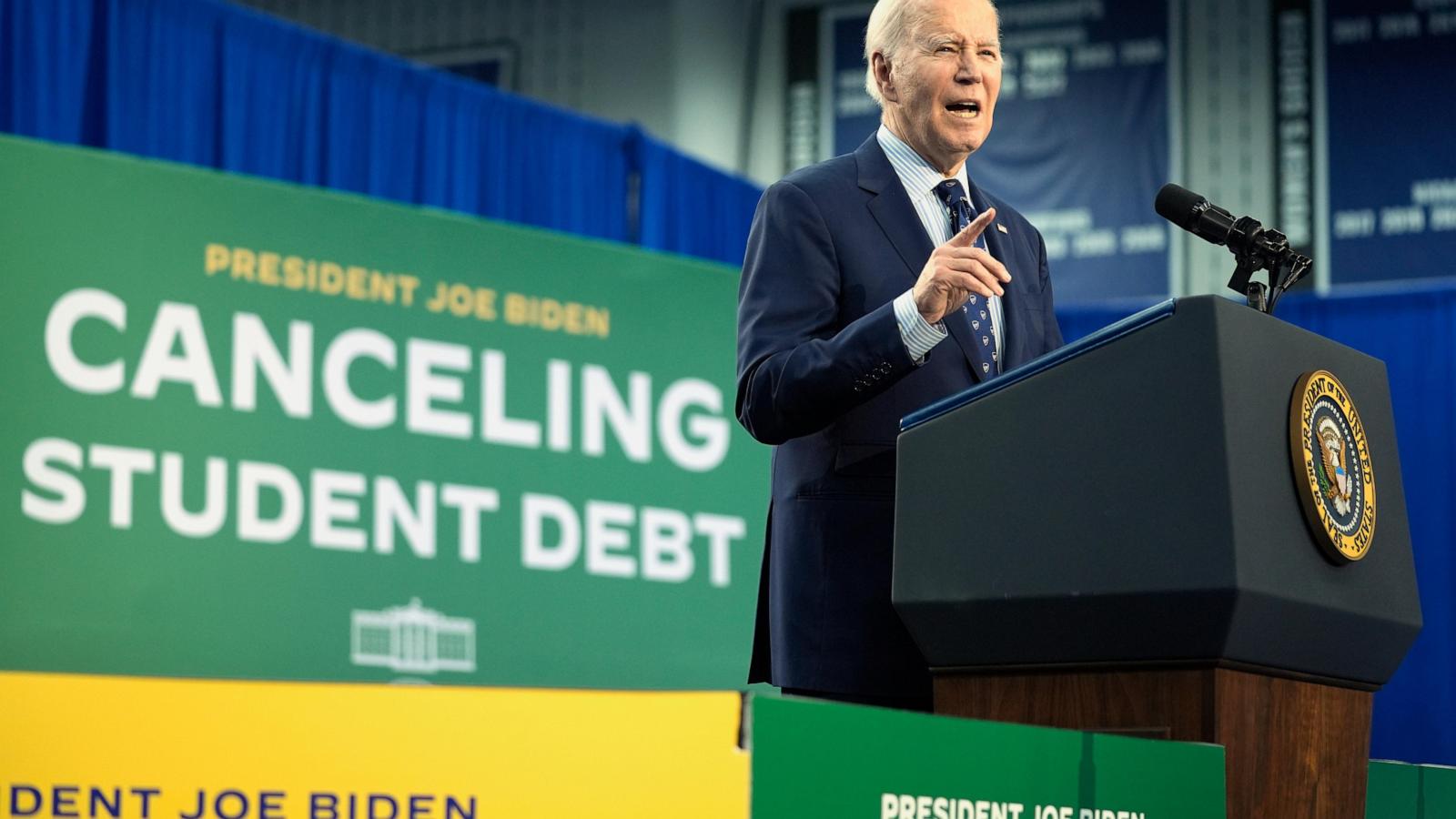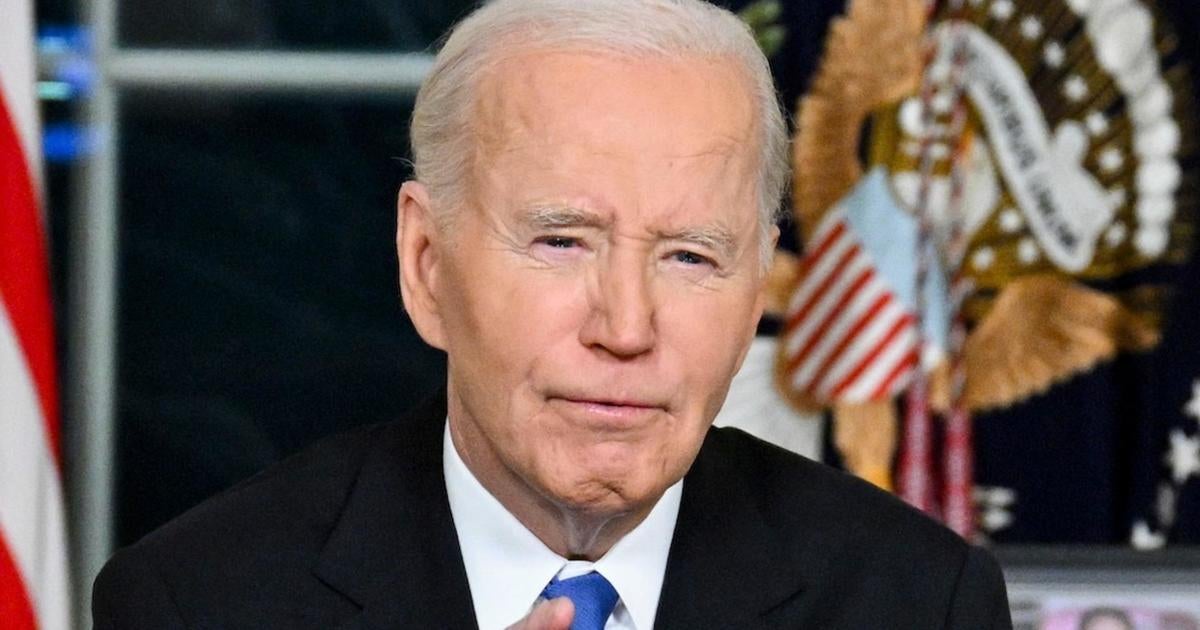ST. PAUL, Minn. — Minnesota Secretary of State Steve Simon and House Democrats have asked the state’s highest court to intervene in a partisan power struggle that has roiled the start of the 2025 legislative session.
Simon, a Democrat, petitioned the Minnesota Supreme Court late Tuesday to declare that he legally remains the presiding officer in the Minnesota House, for now, and that Tuesday’s election of GOP leader Lisa Demuth as speaker was invalid. He asked the court to back his position that 68 members are needed for the quorum that must show up for the chamber to take any official actions.
“Because the members of the House lacked this constitutionally required quorum on January 14, Representative Demuth has not properly been elected speaker and the House cannot transact business,” Simon’s lawyers wrote. “Until a quorum is present and a speaker is properly elected, the Secretary remains the House’s presiding officer and his role may not be usurped.”
House Democrats boycotted the opening day of the session in an effort to deny Republicans a quorum and block them from exploiting a temporary one-vote majority to unseat one Democrat and to advance the GOP agenda.
Democrats also petitioned the Supreme Court late Tuesday, asking the high court to prohibit Republican lawmakers from conducting any business until at least 68 members are present, and declare than any actions taken in the meantime are “without lawful authority and are therefore null and void.”
Demuth called the lawsuits an attack on the constitutional separation of powers between the legislative and executive branches.
“Secretary Simon has no authority as a member of the executive branch over proceedings in the House, and his role is strictly ceremonial in nature,” Demuth said in a statement.
House Republicans planned to convene a floor session at noon Wednesday, even as Democrats planned to continue the boycott for a second day. Republicans contend that only 67 members are needed for a quorum because one seat is empty.
The November election resulted in a House tied at 67-67, and top leaders from both parties started to work out a power-sharing agreement on the assumption that they would be evenly split this year. But a judge late last month declared that a newly elected Democrat didn’t really live in his district. That gave Republicans a temporary 67-66 majority until a special election can take place Jan. 28. Since the district is heavily Democratic, the election is expected to restore the tie.
Democrats are especially worried because Republicans have threatened to use their two-week majority to refuse to seat Democratic Rep. Brad Tabke, of Shakopee. He won by only 14 votes in a different race, where local officials said 20 ballots were accidentally destroyed without being counted. A court declared Tabke the legal winner and rejected a GOP effort to force a special election in his swing district.
Efforts to revive a power-sharing deal failed. The top House Democrat, Melissa Hortman, of Brooklyn Park, said at a news conference Tuesday that Demuth would not commit in final negotiations to letting Tabke keep his seat, even though she offered a deal that would have allowed Demuth to serve as speaker all session.
State law says the secretary of state shall call the House to order at the start of a legislative session and preside until a speaker is elected. But the Democratic side of the chamber was empty when Simon convened the body.
After a clerk took attendance and only the 67 GOP members answered “present,” Simon declared that they lacked a quorum of 68 and adjourned. But Republicans stayed in their seats and elected Demuth as speaker — a move that Democrats denounced as an “unlawful sham with no legal authority.”
This is the first time the Minnesota Legislature has faced such a boycott, but similar stalling tactics have been used in other states.
In contrast to the House, the Minnesota Senate convened calmly Tuesday. The Senate is tied 33-33 pending a Jan. 28 special election to fill the seat of a deceased senator. That’s expected to restore the Democrats’ 34-33 majority. But Senate leaders quietly reached a power-sharing deal that includes co-presiding officers from both parties.

